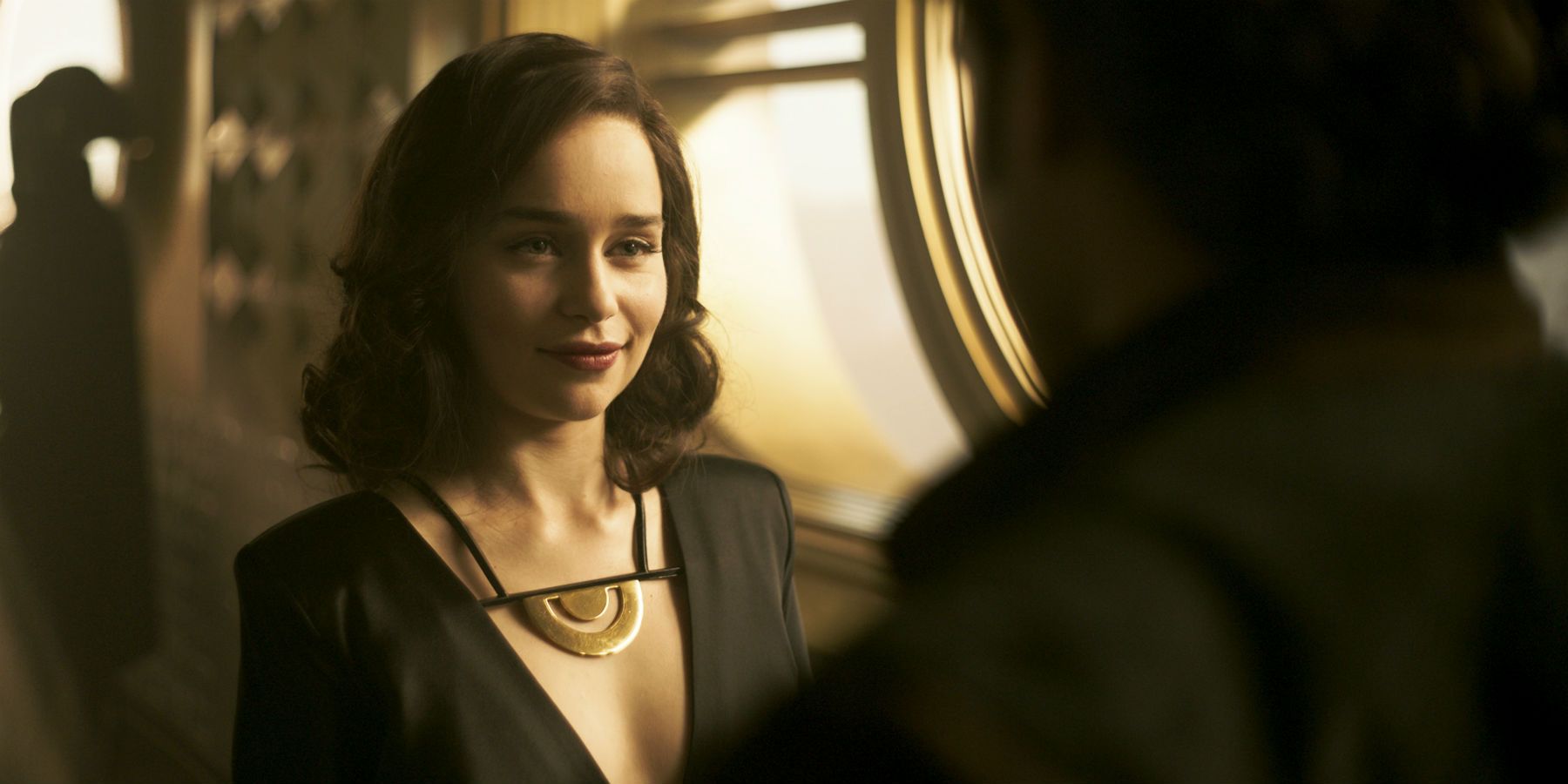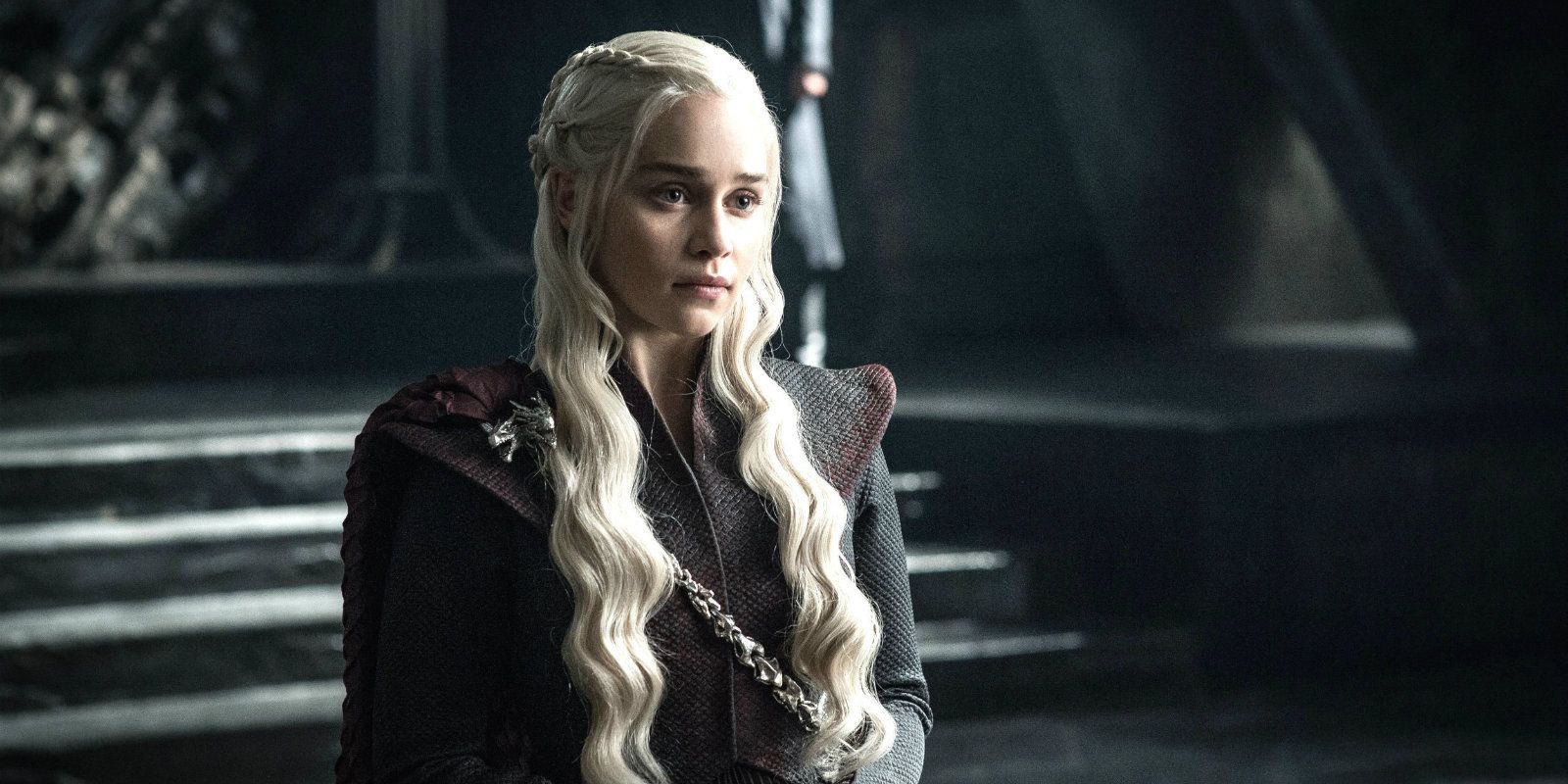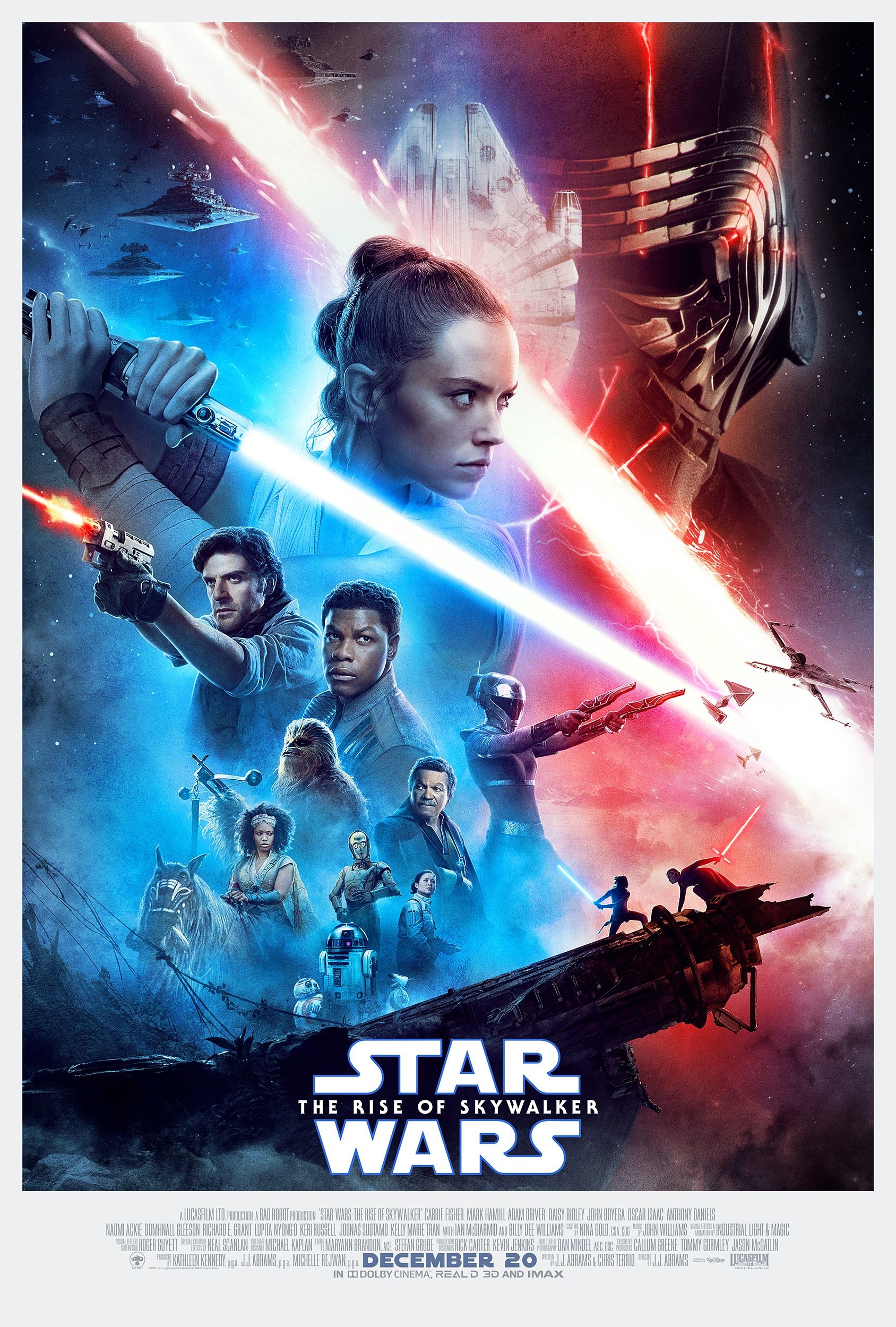Emilia Clarke has given her opinion on people describing female lead characters as "strong women" or "strong female characters." She doesn't like it. The Solo: A Star Wars Story actress opened up about what she sees as a "sexist" point of phrase.
Women are telling it like it is at the Cannes Film Festival this year. Kristen Stewart blatantly thwarted the strict dress code that demands women wear high heels. A hotline was set up to give actresses the ability to come forward about sexual harassment and sexual assault. A march of 82 women demanded that the female talent in the industry be treated on equal footing with their male counterparts. A lot is changing, and with it, Clarke hopes one popular phrase is removed from our vernacular.
Related: Why Cannes Film Festival Has Banned Netflix Movies
Clarke is at Cannes for the festival debut of Solo, in which she appears as Qi'ra. The 31-year-old actress gave an interview in which she expressed her disdain for the phrase "strong female character." Variety lays out the interview, in which Clarke claims the phrase to be sexist in and of itself. According to the actress, describing a female character as "strong" implies that other female characters are "weak." She compared this habit to male characters, which are rarely, if ever, described as "strong" male characters. They are simply lead roles. Clarke suggested that interviewers instead ask how it felt to portray a powerful character and insisted that her characters are simply women.
Clarke does have a point. The actress who isn't asked about her "strong female character" would have to be left wondering if her character was considered "weak" instead. It would likely feel somewhat insulting to know the performance you worked hard for comes across poorly to the general public. And "strong" is a relative term. Not every strong character will be physically, or even emotionally strong. Many consider Stranger Things' Joyce Byers to be a well-written character for her tenacity and unwavering belief in her son's survival despite her many flaws. But so many female characters are given so little agency or relevancy to their stories that it wouldn't make sense to not take note of the ones that provide meaningful representation for their gender.
This isn't the first time Clarke has challenged gender norms in the entertainment industry. The actress famously put her foot down on her Game Of Thrones nude scenes, refusing to continue appearing nude as Daenerys Targaryen. While she did eventually relent, she continued to ignore attempts by interviewers to try to get her to justify appearing nude in the hit HBO series.
More: Emilia Clarke Is Solo: A Star Wars Story's Mysterious Femme Fatale
Source: Variety




